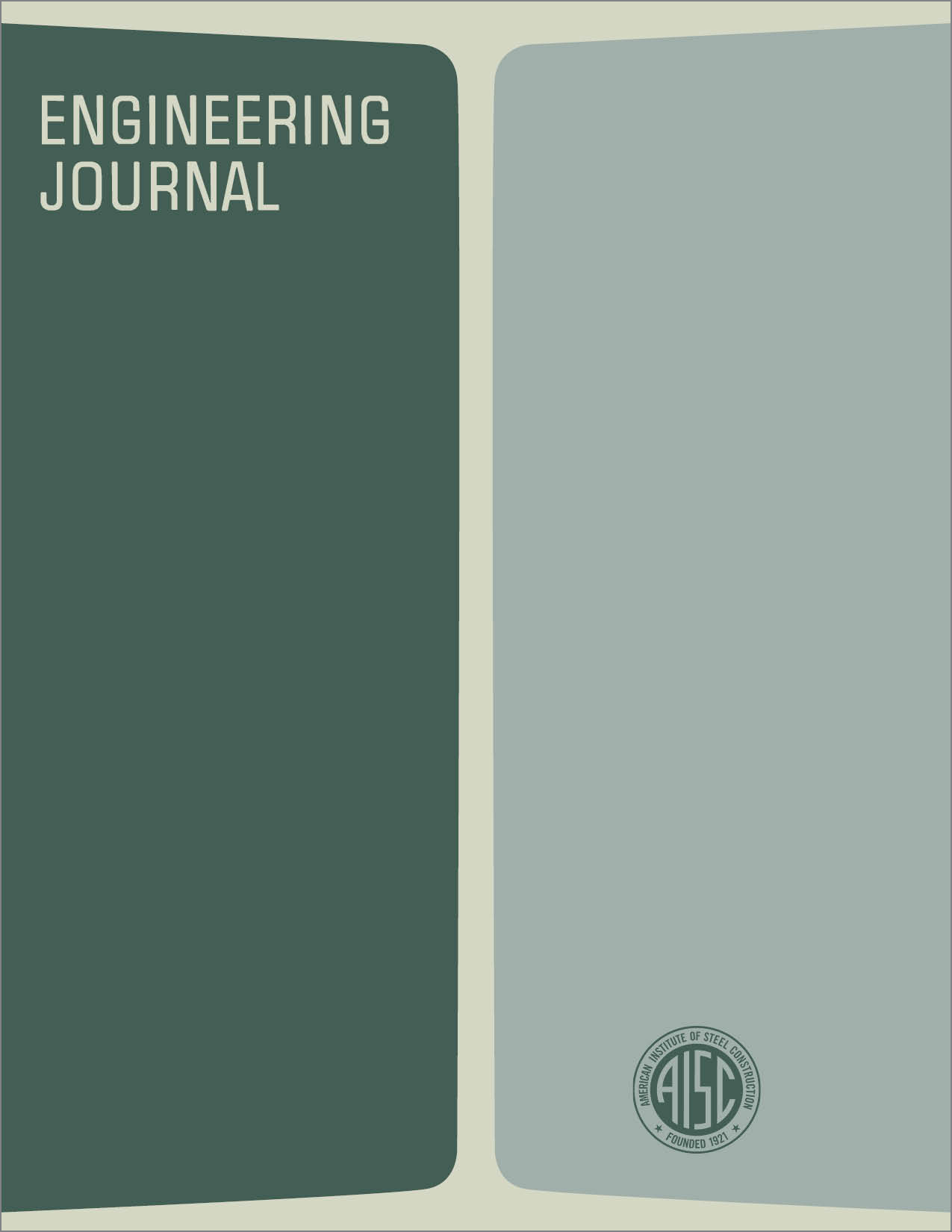Automated Optimum Design of Unstiffened Girder Cross Sections
DOI:
https://doi.org/10.62913/engj.v8i2.163Abstract
Since the advent of the electronic digital computer, substantial change has occurred in the practice of structural engineering. This change has been particularly rapid since the second generation machines became available with their substantially reduced computation cost. The third generation machines have been even less expensive to use and much more accessible. For the structural engineer, the greatest application has been in the elastic analysis of large structures and today almost every engineering firm makes routine use of some computer analysis capabilities. The impact on structural design has been less direct. Certainly, the availability of a good analysis has increased the capability and confidence of the designer, but, in general, application design methods have remained practically unchanged. Either the computer has been applied exclusively as an analysis tool or traditional design methods have been programmed for automatic computation. The first approach leads to serious problems with man-machine communications. Large amounts of errorfree input data must be prepared and voluminous output digested. The second approach is successful in many cases as proven by the numerous, elaborate design programs which have been written in the last few years. However, for problems where the number of variables that must be selected is large or closely dependent, direct methods either fail or are extremely inefficient. It seems that programmed optimization methods have reached a stage where they can be useful in solving some of these problems. One purpose of this paper is to present an optimization technique which can be useful to the structural designer today.

